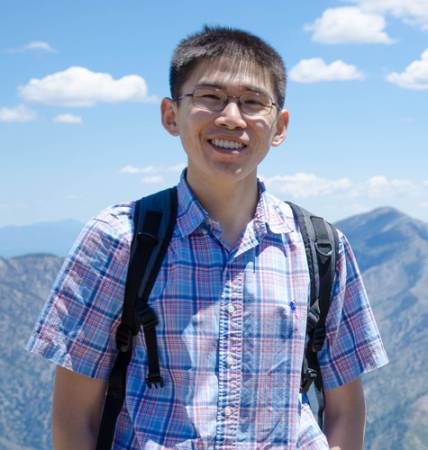Haptic Perspective-taking from Vision and Force
Abstract: Physically collaborative robots present an opportunity to positively impact society across many domains. However, robots currently lack the ability to infer how their actions physically affect people. This is especially true for robotic caregiving tasks that involve manipulating deformable cloth around the human body, such as dressing and bathing assistance. In this talk, I [...]
Do Vision-Language Pretrained Models Learn Spatiotemporal Primitive Concepts?
Abstract: Vision-language models pretrained on web-scale data have revolutionized deep learning in the last few years. They have demonstrated strong transfer learning performance on a wide range of tasks, even under the "zero-shot" setup, where text "prompts" serve as a natural interface for humans to specify a task, as opposed to collecting labeled data. These models are [...]
RI Council Meeting
RI Council is a leadership group made up of the Director of RI, Academic Program Leads, Committee Chairs, and members at large as appointed by the Director. RI Council meets generally once a week to discuss department business.
Perception-Action Synergy in Uncertain Environments
Abstract: Many robotic applications require a robot to operate in an environment with unknowns or uncertainty, at least initially, before it gathers enough information about the environment. In such a case, a robot must rely on sensing and perception to feel its way around. Moreover, it has to couple sensing/perception and motion synergistically in real [...]
Carnegie Mellon University
Driving Reconfigurable Unmanned Vehicle Design for Mobility Performance
Abstract: Unmanned ground vehicles are being deployed in increasingly diverse and complex environments. Advances in the field of robotics, including perception technology, computing power, and machine learning, have brought robots from the lab to the real world. Remote and autonomous vehicles are now used to explore volcanoes, caves, pipes, war zones, disaster sites, and even [...]
Max-Affine Spline Insights into Deep Learning
Abstract: We build a rigorous bridge between deep networks (DNs) and approximation theory via spline functions and operators. Our key result is that a large class of DNs can be written as a composition of max-affine spline operators (MASOs) that provide a powerful portal through which we view and analyze their inner workings. For instance, [...]
Search-based Path Planning for a High Dimensional Manipulator in Cluttered Environments Using Optimization-based Primitives
Abstract: In this work we tackle the path planning problem for a 21-dimensional snake robot-like, navigating a cluttered gas turbine for the purposes of inspection. Heuristic search-based approaches are effective planning strategies for common manipulation domains. However, their performance on high-dimensional systems is heavily reliant on the effectiveness of the action space and the heuristics [...]
Vision-Based Tactile Sensor Design using Physics Based Rendering
Abstract: Tactile sensing has seen a rapid adoption with the advent of vision-based tactile sensors. Vision-based tactile sensors provide high resolution, compact and inexpensive data to perform precise in-hand manipulation and human-robot interaction. However, the simulation of tactile sensors is still a challenge. Simulation is a critical tool in the development of robotic systems. In [...]
Teruko Yata Memorial Lecture
Leveraging Language and Video Demonstrations for Learning Robot Manipulation Skills and Enabling Closed-Loop Task Planning Humans have gradually developed language, mastered complex motor skills, created and utilized sophisticated tools. The act of conceptualization is fundamental to these abilities because it allows humans to mentally represent, summarize and abstract diverse knowledge and skills. By means of [...]






